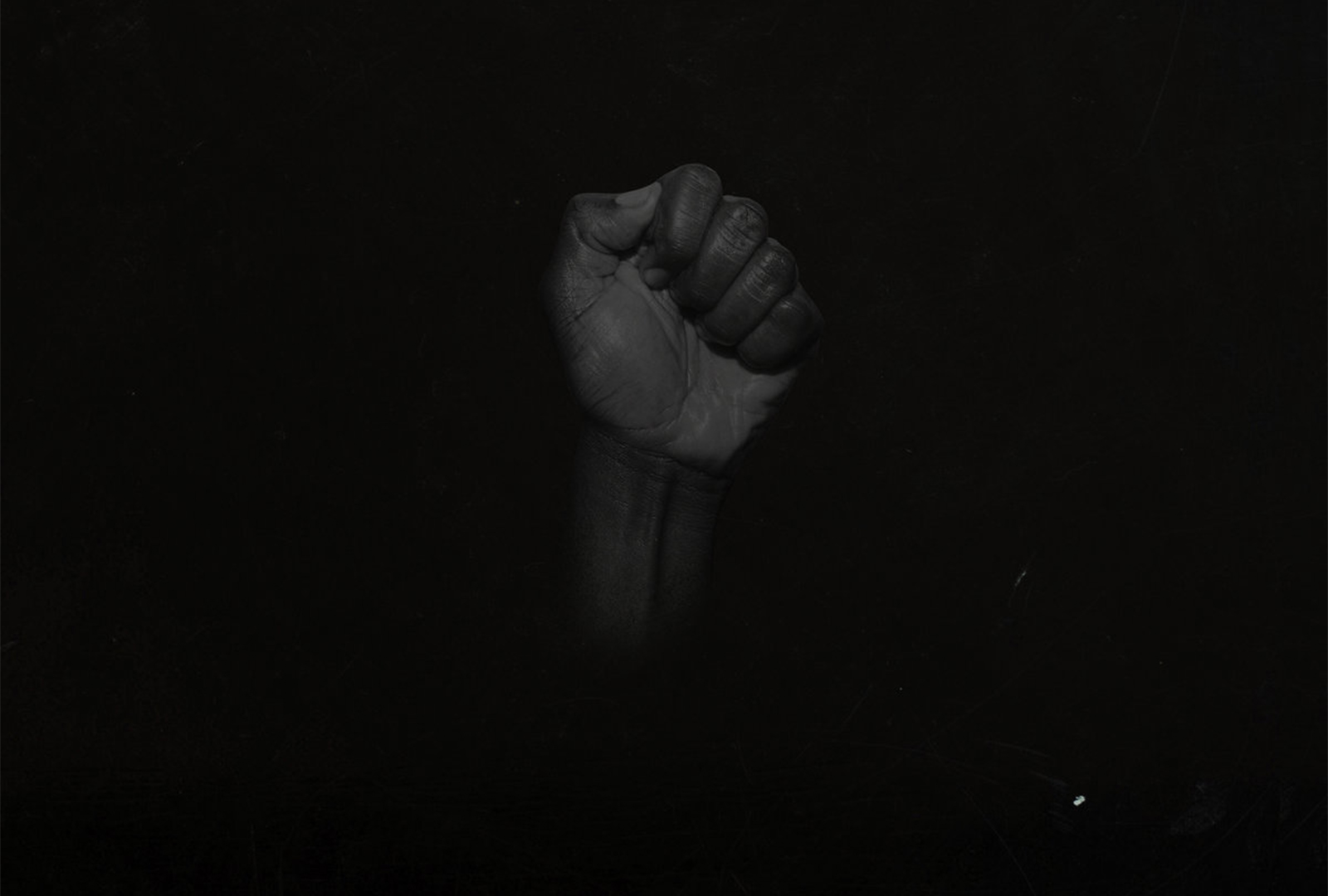


It’s a cozy bossa-nova bop that recalls peak Astrud Gilberto.

Except here, they volley intergenerational trauma like playground trash talk, signaling that these moods are deap-seated and festering, informed by entire lifetimes of shared experience.Įlsewhere on the album, like on the breezy “Bitter Streets,” dealing with this particular brand of madness never sounded so sweet. The song opens with the lyrics, “You fear, the rage/Night, cries/Dark, lies,” which sound, in the singer’s disembodied siren-like plea, like some macabre schoolyard chant. There’s a moment about halfway through the standout track “Fear,” where an almost affectless voice drones, “pain is real,” as if it were a funereal mantra for the distracted and oppressed. How do you make time for humor, for romance, for bonding and loving in times of unprecedented crisis? No lucky breaks as it turns out. Sault dances with that specific existential despair, at once lighthearted and deathly serious. In addition to a global pandemic, the deaths of Breyonna Taylor, George Floyd, Rayshard Brooks, Atatiana Jefferson, and others at the hands of the police illustrated the acutely harrowing conditions Black people face when simply trying to exist. Methods outside of the reach of corporate control.Īnd surely after this past year, long and harrowing as it was, alternative ways of thinking are at the front of everyone’s minds. The critically-acclaimed record, then, invites you to consider alternate modes of engagement. If you seek the music out independently, you might find other, perhaps “unauthorized” ways to download it. What are the implications here? For one, you might be more hands-on in your listening experience. But no other album in recent memory has had a headline-dominating launch that’s just as provocative as its protest-worthy themes. There have been other albums in this mold - notably, Jay Electronica’s Act II: The Patents of Nobility (The Turn), which streamed last year on TIDAL, before disappearing some months later. A kind of rebellious fuck you to the algorithm-based streaming platforms, Nine evokes the firebrand spirit of Abbie Hoffman’s counterculture manifesto Steal This Book. What is also insinuated by this very rollout is that art, in the age of apps, is at the very least a sacred thing. The songs suggest that lovers, moods, and even lives are as ephemeral as their so-called “self-destructing” record. Naturally, the struggle to find stability is at the heart of much of the music on the album. collective Sault announced that their new album Nine would be available for just 99 days, until October 2nd, it felt like a fitting tribute to our ephemeral age. There’s nothing certain these days, except maybe surge pricing and taxes.


 0 kommentar(er)
0 kommentar(er)
